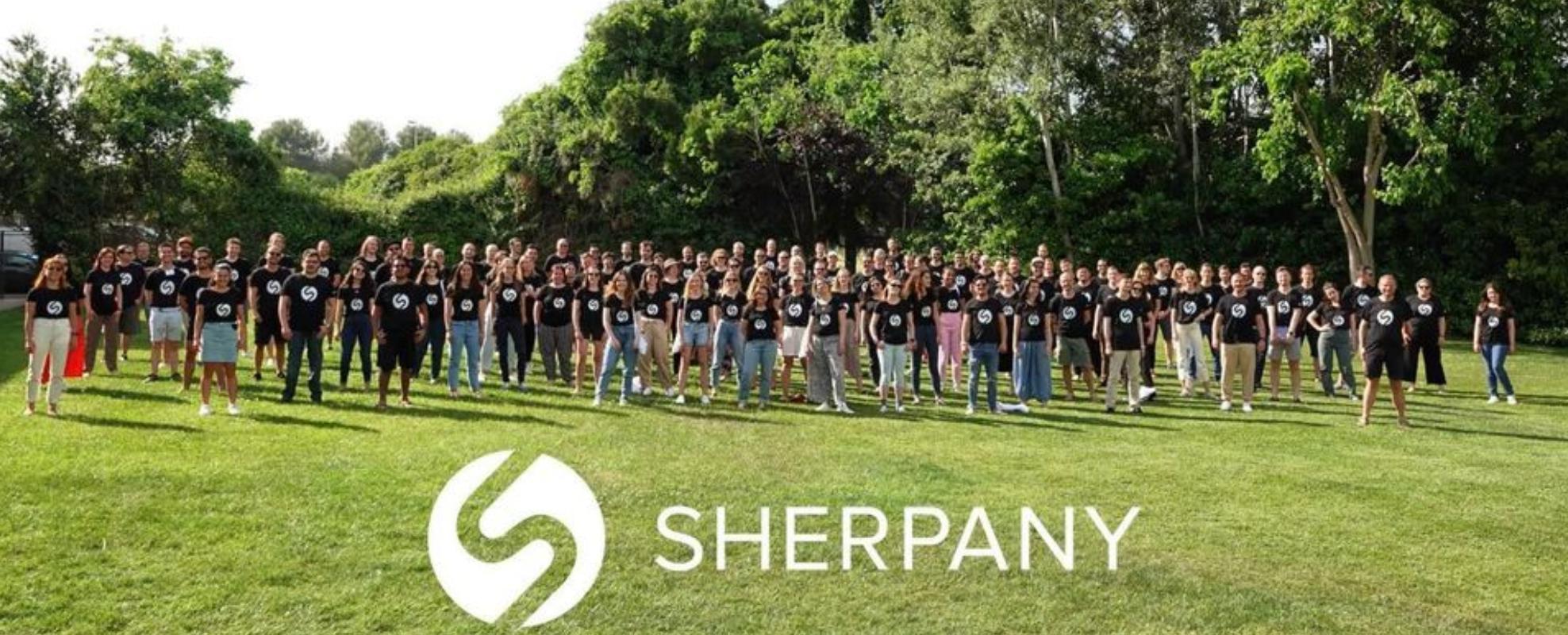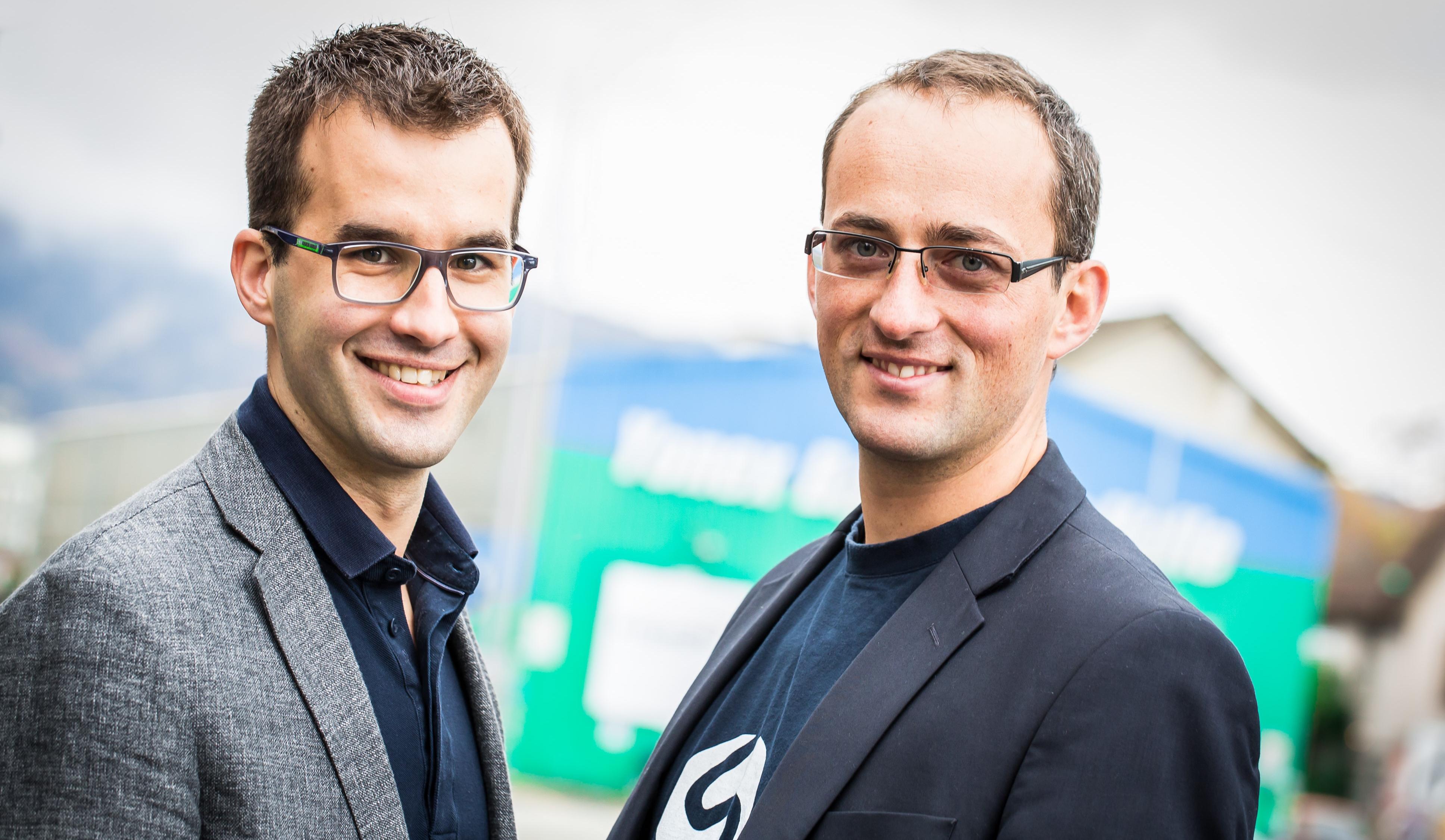Sherpany is the European market leader for meeting management software and helps over 6000 business leaders increase the productivity of their meetings. In light of the company’s recent fundraising success, we talked to Sherpany CEO Tobias Häckermann about raising funds during a pandemic, trusting your stakeholders, and preparing for the new normal.
 Tobias, Sherpany recently raised growth capital. How will these funds help you achieve your vision?
Tobias, Sherpany recently raised growth capital. How will these funds help you achieve your vision?It is our third funding round, and we are following the blueprint: The funding round that we just closed focuses on scaling our sales and marketing in Europe. We have a Europe-first focus, as we have a large greenfield market in Europe that we want to capture. We want every leader to try our Meeting Management Software and ultimately create a world where every meeting counts. So, most of the funds will go into sales and marketing activities, accelerating our top-of-the-funnel by leveraging digital marketing channels and building our sales team. We focus on enterprise sales, so we have a high-touch sales approach, which ultimately needs capable people. That is what we are looking for and trying to scale.
How did COVID-19 influence this financing round?
There are positive and negative effects. The pandemic helped us to differentiate entrepreneurial investors from financially driven investors. In our final financing round, we had narrowed down the shortlist to two investors with whom we engaged in final negotiations. One investor was trying to use the pandemic and uncertainty of the situation to optimize terms, and the other one saw the bigger picture: If someone comes out of this pandemic, it is digital businesses, including Sherpany. That second investor was okay with the terms and was super interested in investing. We then closed the funding round with just that investor. We had the opportunity and the luck that the investor financed the entire round.
A negative effect was that fundraising took more time and effort. Ultimately, we produced a lot of waste by trying to please both investors because we believed that both would bring value to the table. Even though that was a setback, spending that time and finding out the investors’ motives ended up being a blessing in disguise.
Do you have any advice for startups that are raising funds right now?
The most obvious piece of advice is: When “the shit hits the fan”, you notice who really supports you and has your back. I have not done that many funding rounds, but I have been advised to always do my due diligence on the investor. Now, it has become even clearer to me why it is important: You need to find investors who are really interested in your company and your vision. That way, when times get tough, they have your back. Investors always say that they invest in people, which means that they should also believe in those people. So, my advice is to not just pick an investor but try to find the right investor, even when during these uncertain times. It is like hiring people: Better hire no candidate than the wrong candidate.
You were a Venture Leader in 2012 and one of the TOP 100 Swiss startups for five consecutive years (2012-2016). How have these programs, events, and activities influenced Sherpany’s success?
The Venture Leaders program was particularly important to us. We were in Boston, and during that trip, I connected with three other entrepreneurs. We are still in touch and meet every month: The four of us are very close, and it is easy to talk about everything that goes on in our business and our lives. This friendship is very helpful; to have people who are in a similar position and who experience similar situations but also have different experiences and skills. This really helps to put things into perspective, find solutions, and even get confirmation when you struggle with a problem.
According to the press release announcing the fundraising, Sherpany launched a crisis-response campaign, which brought almost 40 additional customers on board and expanded your client base by 15% in just two months. Could you tell us more about the campaign and your strategy?
 We were discussing our contribution to make people’s lives better during the pandemic. Inspired by Italy’s “solidarietà digitale,” we started a campaign called eSolidarity, where startups that could help with solutions during the lockdown could sign up—and about 100 digital startups did.
We were discussing our contribution to make people’s lives better during the pandemic. Inspired by Italy’s “solidarietà digitale,” we started a campaign called eSolidarity, where startups that could help with solutions during the lockdown could sign up—and about 100 digital startups did. But we also thought about our own contribution. We realized that businesses need to take their meeting management to the next level but that purchasing things in an enterprise is challenging. So, we decided to offer our solution to digitize and simplify meeting management and solve the issues of the complicated purchasing process: We launched a campaign where everyone who needed help with their meeting management could start using Sherpany without a contract and without bureaucracy. When the pandemic is over, enterprises can decide how much they want to pay us for the time that they used the software. We know that businesses will be affected differently, and we trust that they know if they can or cannot compensate us.
What feedback have you received?
We have received a lot of positive feedback because I think the underlying message, trusting each other, is something that nowadays is very rare in business. We put that trust at the core of our campaign. This trust is something that we should embrace more in economics and in business; it can be way more productive and healthier than to cover every eventuality with big contracts.
The origin of that thought process is something that I heard years ago: I met with the founder of Läderach chocolates, Urs Läderach, and the then-new CEO Ralph Siegl, a former executive at Néstle. Ralph Siegl wanted to understand the contracts with suppliers and factories, and Urs Läderach said: “We do not have contracts. All the money that I would need to invest in lawyers or cases is way more expensive than realizing that a supplier is not working out anymore and then finding a new one. It is my job to trust suppliers that they will do their job.” That idea was very inspiring to me.
You have more than 100 employees in six locations in Europe. What did you learn while leading your team during this pandemic?
We have to communicate more, and we organized weekly Q&A sessions for the entire company to address concerns and anxieties. But most of the time, we discussed company strategy, products, positionings, etc. So, one of the learnings is that this strategizing is a need, and we established a monthly town hall meeting.
The second learning when it comes to leadership is that in the new normal, the differences between good leaders and mediocre leaders will be more obvious. In a more remote world, you need to have a leader who has a clear vision of what they expect from the team and the individual people. Again, it comes back to that trust that I mentioned with the investors and the prospects. You need to trust your team that they will achieve their goals, and if they face any challenges, they will reach out.
Sherpany AG: Productive leadership meetings
Sherpany was founded in 2011 with a vision to create a world where every meeting counts. Today, the Swiss company is the European market leader for meeting management software and helps over 7000 busi... Read more



